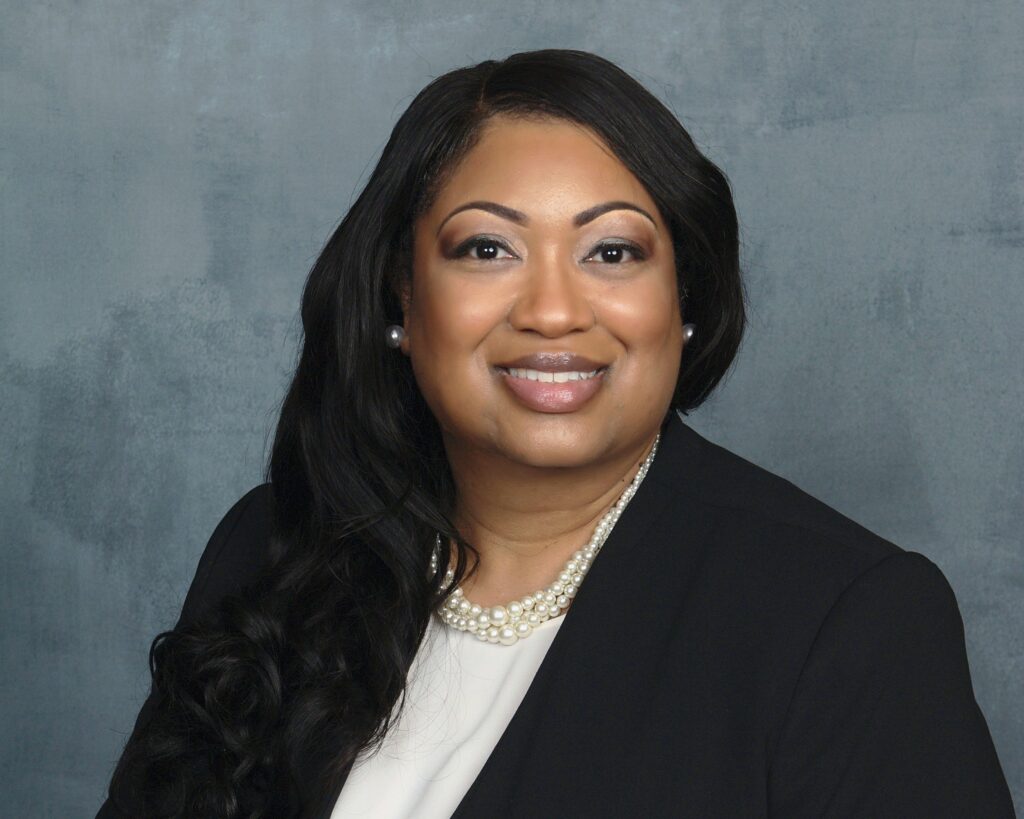
Being an effective patient advocate includes learning to speak up and knowing the rights entitled to a patient, according to Keisha Payton, a pathology specialist at Virginia Commonwealth University Health System and member of the Health Quality Innovation Network (HQIN) Patient and Family Advisory Council (PFAC).
Her most recent experience using her voice as a patient advocate was for her husband who had been on and off a kidney transplant waiting list for 11 years. She needed to be persistent with his dialysis team to keep him on the transplant list while he worked with a trainer to keep his weight in check.
“That was the first time I had to be forceful, and I think it soured the relationship between that health care team and my husband, but it had to be done,” Payton said. “We built this relationship with them over time, but I had to be insistent. We had to get him listed for a transplant somewhere.”
They received a phone call from a hospital in 2020 saying there was a match for her husband, and they needed to travel from Richmond to Charlottesville in three hours. This is well within a reasonable timeframe, and they made it despite this occurring on the same day as Payton’s mother’s funeral.
Her husband received the kidney transplant and was supposed to be in the hospital for a week, but that turned into 66 days with him being in a coma on a ventilator a few days after the surgery. He had suffered an infection at the surgical site and then the kidney itself became infected.
Payton was there when he woke up and was again an advocate when his pain was not being managed while his body was fighting an infection.
As a person who works in health care, Payton understood the nurse’s explanation for his care, but as a wife, she knew her husband was in pain. She eventually spoke with a designated patient advocate at the hospital who was not involved with her husband’s care.
“The next time the surgeon came in, I explained that he was in pain and asked if he could receive medicine in an IV,” Payton said. “He agreed with me and next thing I know, they had an IV him and I could see this relief wash over him. He just needed that bump up.”
Her journey to being an effective patient advocate stems from hearing about various patient and family advisory groups such as the PFA Network, and the VCU Health Ambulatory Care Patient Family Advisory Council, where she met other patient family advisors while supporting her husband during dialysis. Payton said she learned from them that sometimes you need to push for care that is right for you. These experiences also inspired her to earn her master’s degree and focus on issues with health care equity and diversity. Payton brings that perspective of diversity and an understanding of health systems to HQIN’s PFAC.
“I see how the coordination exists between hospitals and medical centers, assisted living facilities, nursing homes, and ambulatory care. I can view from a patient perspective how they should work, and I can see how some of them do not work.”
